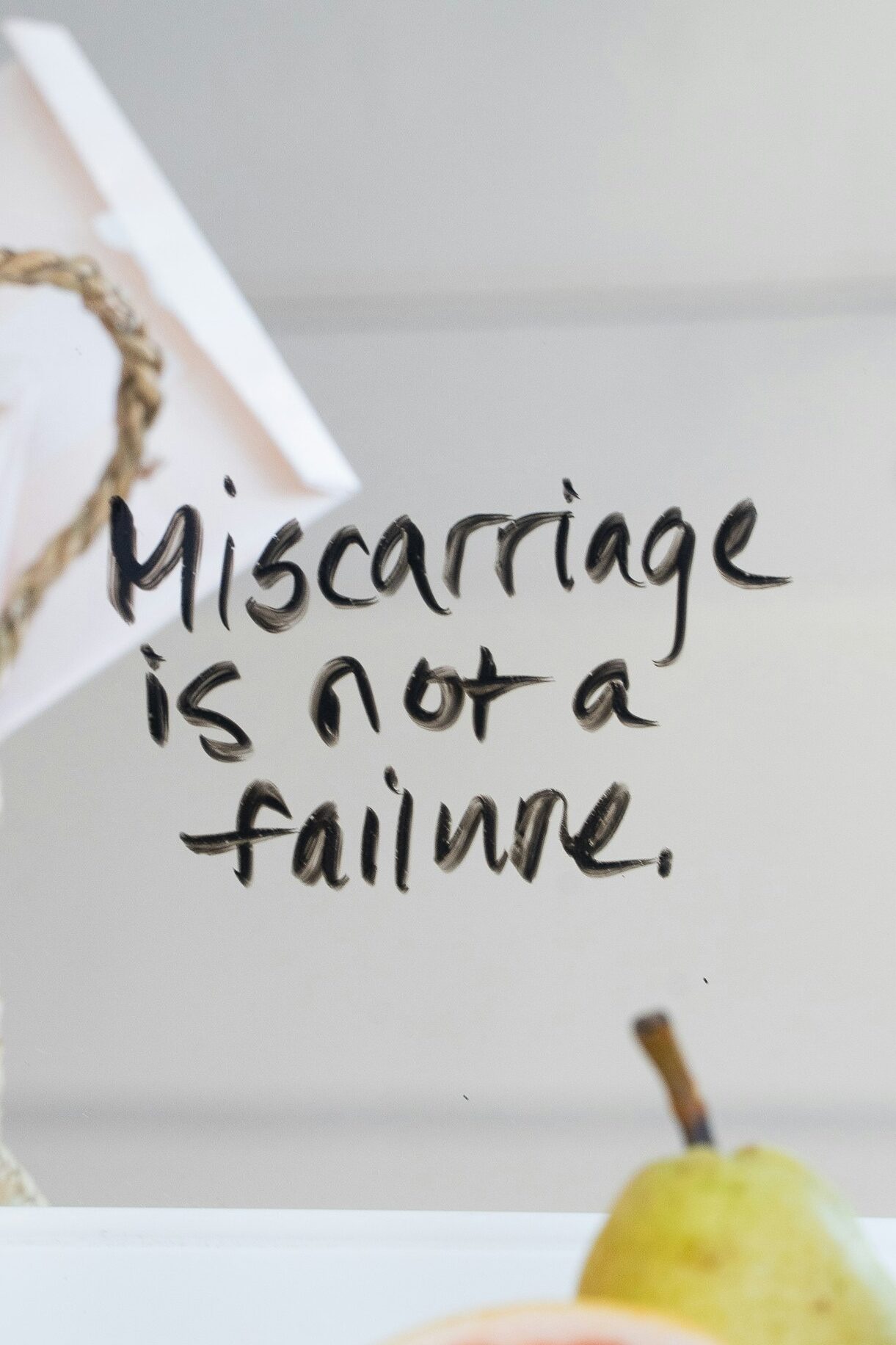
I wanted to share my story in the hope that it can help someone one day if they need to search for some information/solace during the most traumatic moments. Of course, this is not everyone’s experience, but if I can just help one person by being more prepared, then it is worth it.
Our pregnancy was planned and very much wanted. When trying for a baby, each period feels like a failure, and unfortunately, we still used to receive comments asking whether we’re pregnant if I’m not drinking wine, or whether I’ll be pregnant for a particular event, etc. After a few months of trying, we got our big fat positive tests (4 to be exact, as I wanted to make sure that it was not a false positive)! We did everything as we were supposed to – took folic acid, ate well (even though I was constantly sick), lowered coffee intake, etc. We had a 6-week scan, and everything was perfect, and we even saw the flicker of the heartbeat.
Fast forward a few weeks, and we had a routine 9-10 week scan to listen to the heartbeat. As a very realistic person, I always knew that something could go wrong, but having seen the flicker of the heartbeat already, you do feel a sense of security, although still anxious.
There were two points of this appointment that I will never forget – the look on my doctor’s face when I said that my nausea improved and the moment when we did the actual ultrasound. There was no heartbeat. I was experiencing a missed miscarriage. At this point, I didn’t really know how to process this information, and I just burst out crying and had no idea what to ask or do.
I was offered two options – wait it out or go to the hospital to induce the miscarriage. We decided to wait for a week, and if it didn’t happen naturally, then I would be induced. Unfortunately, I was not given any more information of what to expect if I were to actually miscarry at home, which ended up being quite a traumatic experience in itself.
Around an hour after the news, I saw my first drop of blood. My body and mind seemed to have aligned and understood what was happening. As this was my first experience, I was oblivious to how much bleeding you would experience when miscarrying, so when I started bleeding (and kept bleeding for most of the week), I thought that that was the miscarriage process, but boy, was I wrong.
Two days before the week’s deadline was up, I started to experience a pain which I had never experienced before. While at work, the pain started from the back going to my tummy and gradually increased. By the time I got home, this pain was so bad that I couldn’t find a comfortable position while sitting or lying down. The pain was coming at periodic times, with the gaps always decreasing. I later found out that these are contractions so that my body can remove the sac. A few hours later, the amount of blood and blood clots was something that I had never imagined. If someone is currently “waiting” to go through this, prepare strong painkillers and maternity pads. It’s not enough, but it will help. Talk to your loved ones – they may be able to help, especially if they have gone through it themselves.
After this process, I had to go to the hospital to get checked and see whether the entire sac had passed. Make sure to take someone with you as it will be another traumatic day. Unfortunately, this happens to 1 in 4 pregnancies, but our hospital is still not equipped with a separate waiting area. Luckily, a very kind midwife entered each room before mine to advise them of what I was going through; however, this is not the same experience for everyone either. The sac had passed, but I still had a good amount of lining left. This meant more weeks and months of bleeding.
First period after miscarriage – from my experience, it was another very emotional and difficult time. I experienced hot flushes before and then found out that this is a PMS symptom. As I had not stopped bleeding, I wasn’t sure whether this was my period or not. However, the amount of blood was much worse than my previous periods, and I also think that hormones are still not settled.
I would encourage people to open up to close friends and family. Not everyone will know what to say, and some people may also say things that are just not right, but unless you go through this experience, it is very difficult to understand.
If anyone has friends or family going through this, please don’t assume that they are ok because months have passed. Don’t ask when they can start trying again because before they even start trying, they have to take time to grieve this immense loss. Instead, call and talk about anything else and tell them that if they want to talk about it, you’re there to listen. Instead, encourage them to seek the professional help of a therapist. Instead, take them out for a walk or coffee.
Milestones/ Birthday & Holidays after Miscarriage – they are tough. Each milestone or day makes you think that you should have been pregnant and celebrating the new life that you were meant to start soon, but instead, you’re lost in your feelings. It’s ok to be happy and still feel sad from what you have experienced.
Take it day by day, be kind to yourself, process the grief, and it will get better ❤️🩹
Praying for anyone who is going through this at the moment to find your joy again.
In 2023, Mater Dei Hospital’s Outpatients department recorded the highest number of patient appointments at the recurrent miscarriage clinic, as revealed in data presented in parliament by previous Health Minister Chris Fearne. He highlighted the fact that up to October of that year, the clinic had attended to a total of 474 patients.
The recurrent miscarriage clinic offers a range of diagnostic tests, including blood tests and pelvic exams, to identify the underlying causes behind multiple miscarriages in patients.
Statistics on miscarriages during pregnancy in Malta reveal that women both over the age of 40 and under the age of 20 face a higher risk of miscarriage compared to those in the 20 to 30 age group. Additionally, it is noteworthy that the early weeks of pregnancy pose the greatest risk. Specifically, data indicates that 28% of miscarriages happen in the third week of pregnancy, with the occurrence decreasing significantly by the 20th week.





